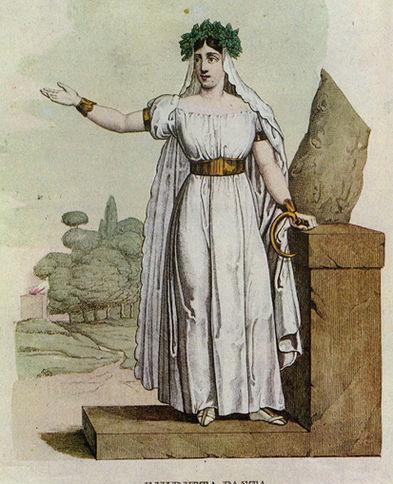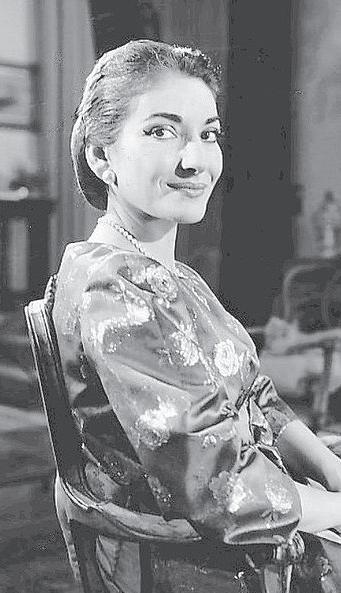
2 minute read
FIERCE WOMEN
The role of Norma is a very demanding one to sing requiring near-Olympic skill, training, and stamina. For this reason, the opera is beloved as essential to the opera cannon, but not performed as often as one might imagine. In fact, there have been only 156 productions of Norma in 125 years, compared to for example, Verdi’s La Traviata, which was produced over 800 times just last year. Critics agree on similar attributes shared by the most accomplished singers in the role—tremendous vocal agility, and a large, dramatic vocal presence, reserved for only the most spectacular singers to do well.
Guiditta Pasta, the original Norma, 1831.
Advertisement
The role of Norma was written specifically for Giuditta Pasta, the reigning soprano of the day. Later opera superstars who performed Norma included Lilli Lehmann, Joan Sutherland, Maria Callas, and Cecilia Bartoli. Even as the opera in its entirety is not as frequently performed as are many of the other famous bel canto operas, Norma’s aria “Casta Diva” (“chaste goddess”), is considered one of the top soprano arias in the canon.
Norma has long been a platform for talented women to shine, and BLO’s production will continue that legacy. Soprano Elena Stikhina makes her debut in the role of Norma in our production. Considered one of the most promising sopranos of her generation, and having won several international competitions, Elena has sung at the most prestigious opera companies from The Metropolitan Opera to the Paris Opera since her graduation from The Moscow Conservatory in 2012. In addition to our prima donna, BLO’s production of Norma is directed by another powerhouse, Stephanie Havey.
The role of Norma is especially unique compared to the characters sopranos often played in 19th century opera. Unlike many other soprano roles of the time which featured who need rescuing or go completely mad, (like in Donizetti’s Lucia di Lammermoor (1835).) Norma is a character with power and autonomy to decide the fates of the other characters. Norma is written as a multidimensional woman with complex emotions about herself, her relationships, and her community. Her leadership is respected, something rare in 19th century opera (or society). It is for all of these reasons that Norma is such a special and coveted role for sopranos with the right tessitura to perform, and why the opera is so beloved, even by some of the toughest musical critics.
Maria Callas on a CBS talk show, 1958.


Stephanie Havey, Stage Director.









